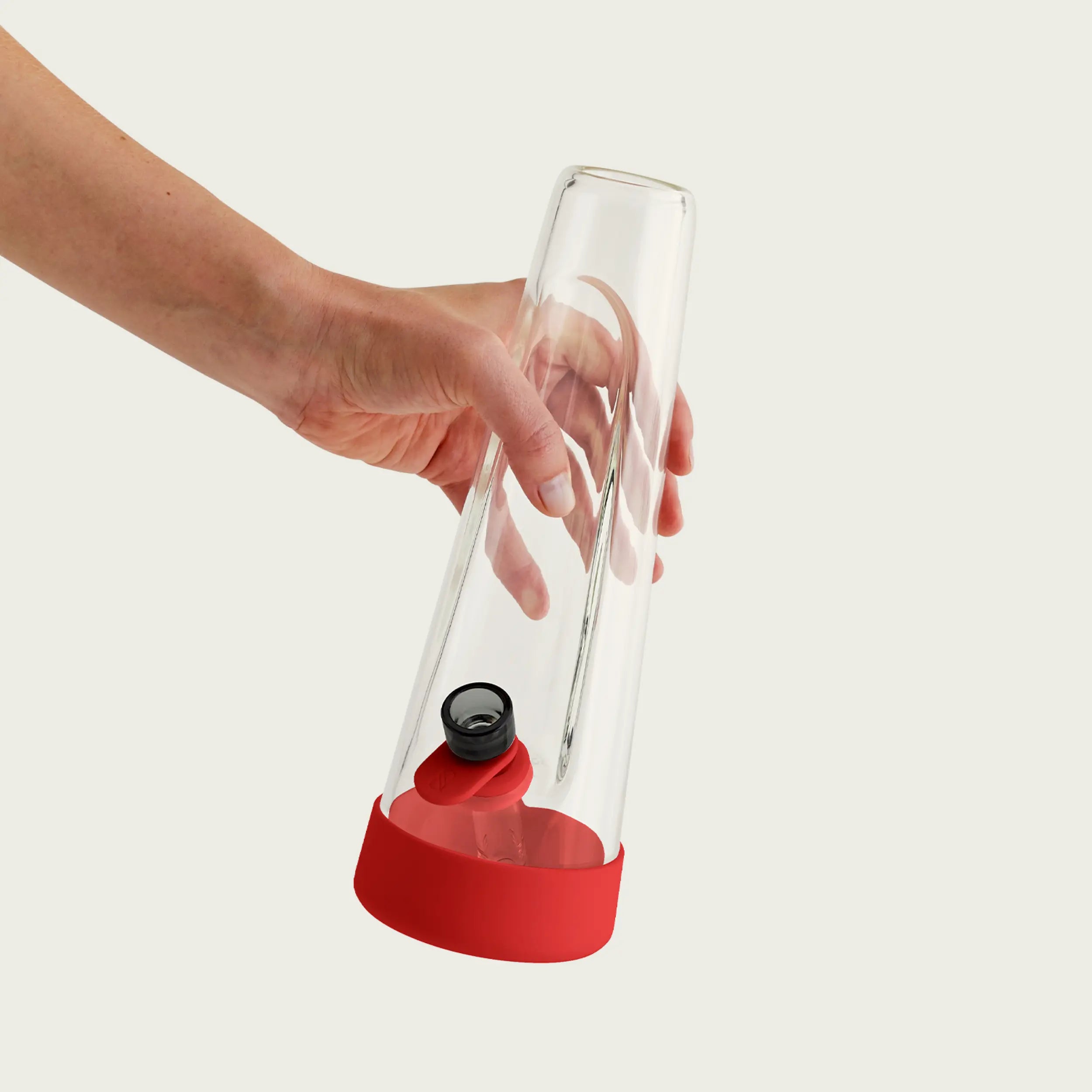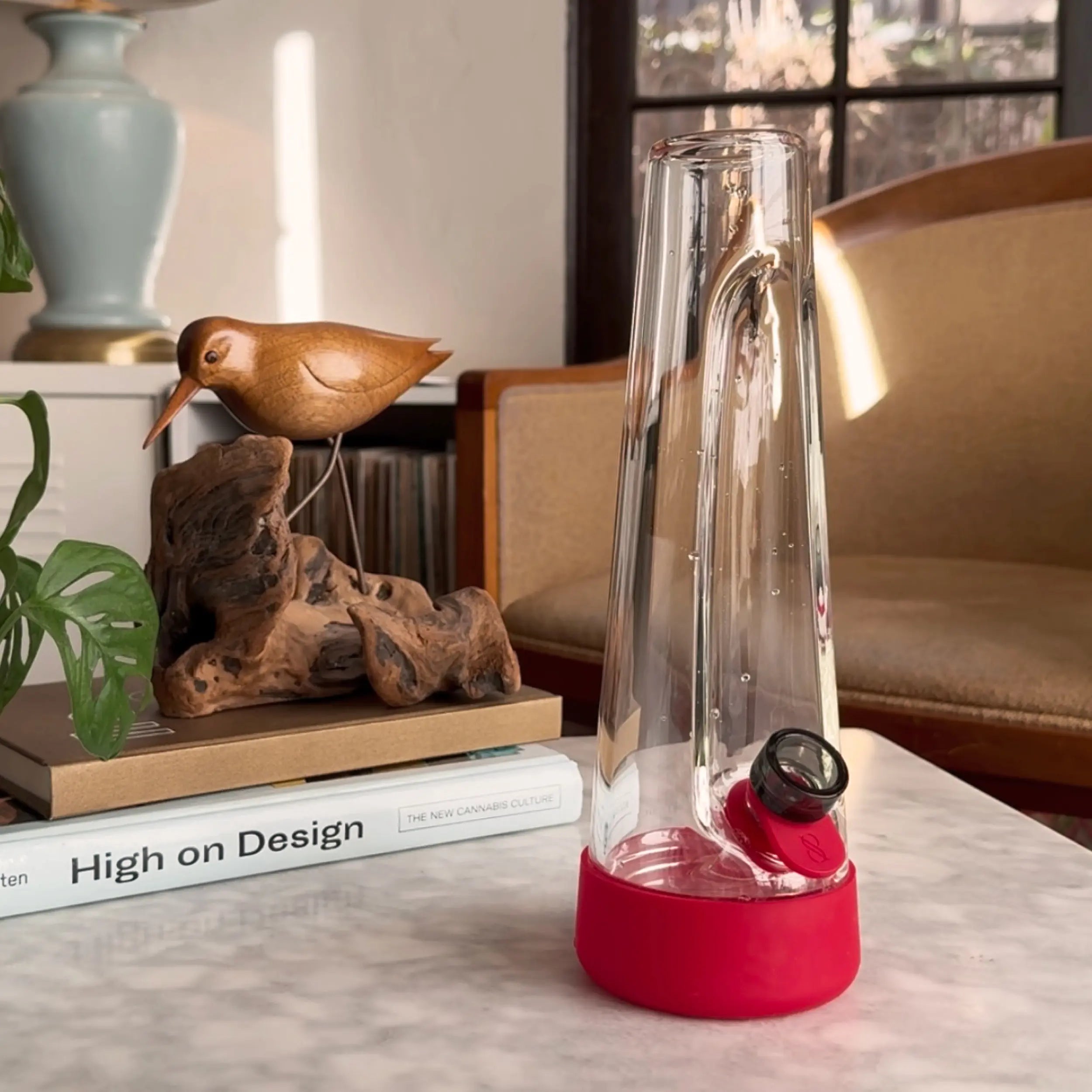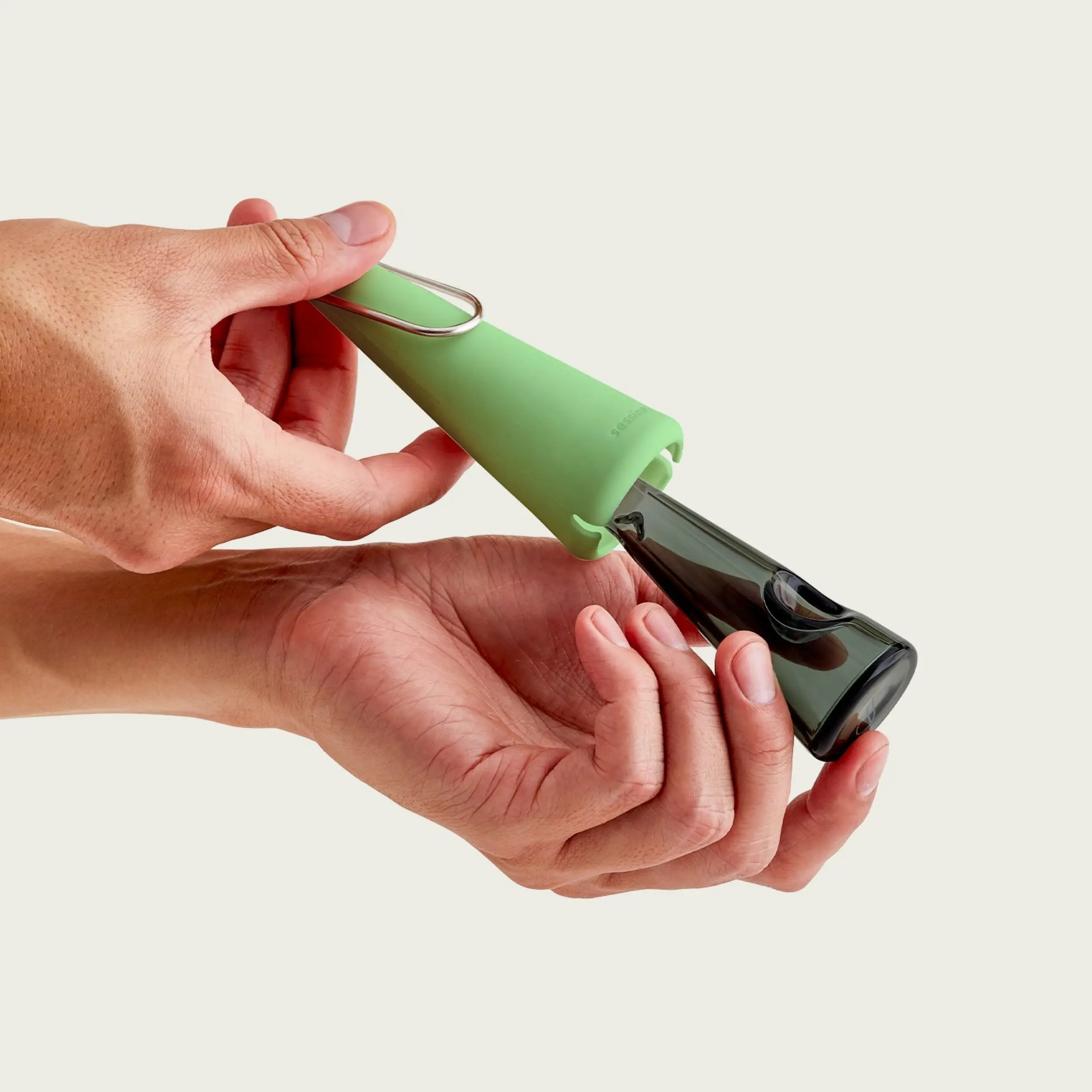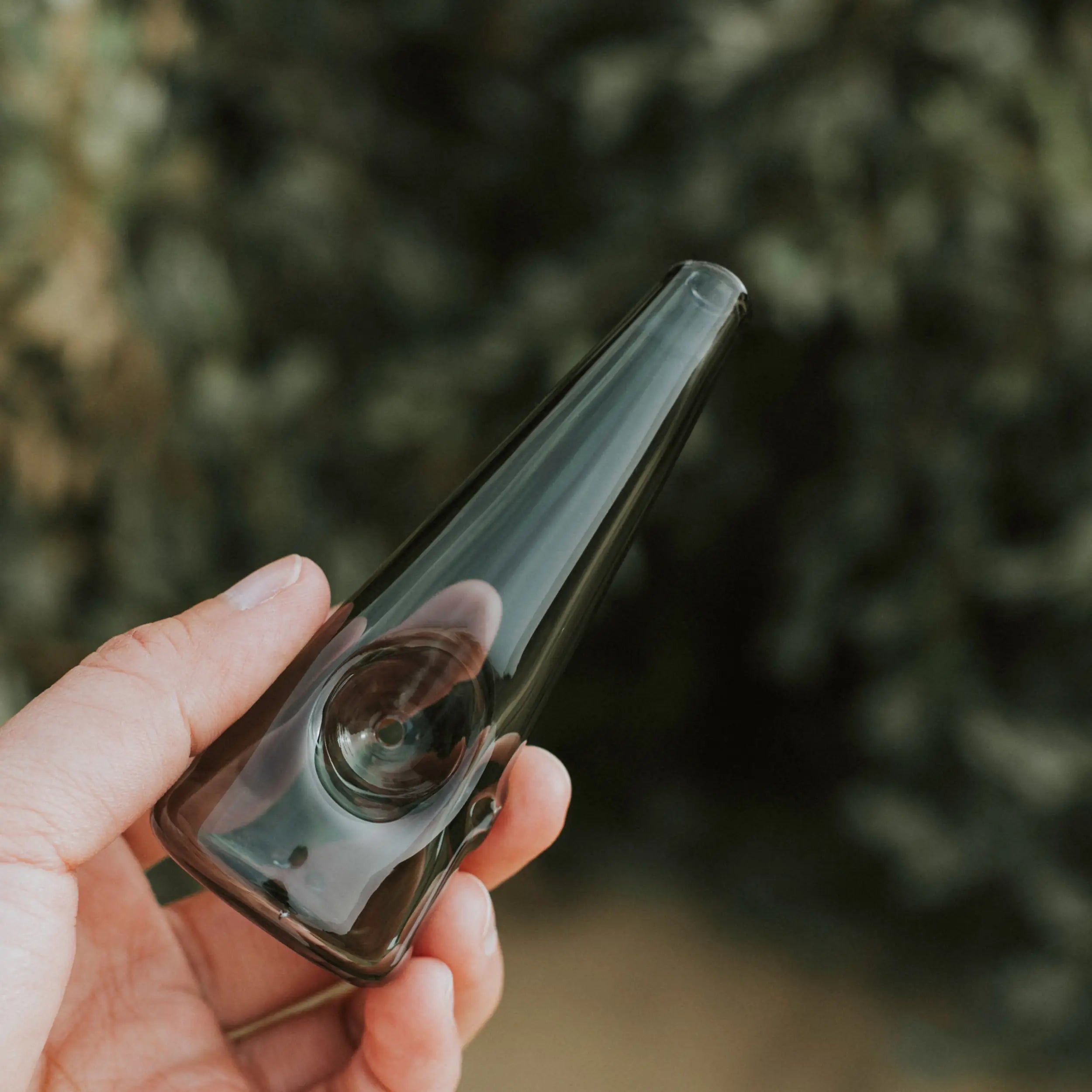So, What is CBD?
Cannabidiol (CBD) is one of ~200 compounds in the cannabis plant and produces non-psychoactive effects. CBD is the 2nd most well-known compound next to THC, the psychoactive compound in cannabis. The truth is, the murky legal nature of cannabis has made it difficult for researchers to adequately study CBD effects. However, as the nation's stance on marijuana continues to loosen up, researchers are ramping up their efforts to learn more about CBD effects. Nonetheless, the medical community is still a long way from fully understanding the medicinal uses of CBD.
What conditions can CBD treat?
There are tons of alleged uses for CBD. Some of the most prolific include: Epilepsy, anxiety, depression, chronic pain, arthritis, sleep disorders, Parkinson's Disease, acne, and nausea & vomiting. As we mentioned before, some claims about CBD effects are legitimate, while others are nothing short of laughable. We did a little bit of research and here's what we found:
Epilepsy: The claim that CBD is effective in treating epilepsy is solid. The Food and Drug Administration (FDA) approved the CBD medication Epidiolex in June 2018. Epidiolex has proven effective in treating Dravet syndrome and Lennox-Gastaut syndrome, two rare forms of childhood epilepsy. This one is definitely not bullshit.
Anxiety: A survey with 5,000 participants suggests that about 60% of people take CBD for anxiety relief. But does it actually work? Neuropsychopharmacology (NPP) conducted a small study, which concluded that CBD seemed to be effective in reducing cognitive impairment and nervousness in people suffering from social anxiety. On the other hand, the National Library of Medicine conducted its own study, which proved less convincing. The NLM concluded that CBD did not dampen responses to negative stimuli, affect feelings of social rejection, or produce detectable effects in mood or anxiety. We're calling this possible bullshit for now.
Depression: CBD seems to have a positive effect on serotonin levels in some animals. Nonetheless, there have yet to be any clinically significant studies to suggest that CBD is an effective treatment for depression in humans. Frankly, it's too early for us to put any stamp on this. The data just doesn't exist.
Pain: Just as with depression, there haven't been enough quality studies on whether CBD effectively treats pain. Still, CBD has been shown to have certain anti-inflammatory properties, so CBD may be a semi-effective pain reliever. We're putting this one in the same possible bullshit category as the anxiety claim.
Arthritis: Lack of quality studies is a huge setback in the CBD and cannabis industry as a whole. Unfortunately, that also extends to CBD's use for arthritis. Still, some animal studies have shown that the topical application of CBD relieves arthritis pain and inflammation. However, the medical community needs more research to determine whether this is also true in humans. Much like depression, we cannot take a firm stance because the data simply does not exist.
Sleep disorders: This one is promising. In one study, more than 30% of people taking CBD reported improved sleep. In another study, 48 out of 72 patients experienced improved sleep. There is no evidence to suggest CBD interferes with sleep in any way, so we'd say it's definitely worth a shot if you need help catching some z's. This one has enough legs to fall into the most likely not bullshit category.
Parkinson's Disease: The research is limited, but thus far, CBD seems to be a promising treatment for some aspects of Parkinson's Disease. Unfortunately, as far as researchers can tell, CBD doesn't improve movement in Parkinson's patients. Still, several small studies suggest it may improve quality of life and well-being. We are putting this into the needs more research, but probably not bullshit category.
Acne: We fully expected to laugh our asses off at this one, but what we found surprised us. Apparently, CBD inhibits sebocytes' ability to produce sebum. Since excessive sebum and inflammation are two root causes of acne, topical CBD may prove to be a highly effective acne treatment. But, of course, there is a need for more research. This one is most certainly not bullshit.
Nausea & vomiting: While some studies have found CBD to effectively treat nausea and vomiting, most of those studies involved THC and CBD. As a result, most researchers doubt that CBD alone is an effective treatment for nausea. This one is probably bullshit when used without THC, so make sure you have both the next time you're hungover.
So, what’s the verdict on CBD?
It's undeniable that CBD's medicinal value has been somewhat exaggerated, and many of the claims made by manufacturers have no basis in fact. Despite this, CBD is still likely to be effective at relieving a wide range of ailments.
At the moment, there are two main problems with CBD: a severe lack of clinical research, a subject which we've already beaten to death, and unreliable production and packaging. Most experts contend that pure CBD is relatively safe, but how can you be sure that's what you're getting? Unfortunately, sometimes, you can't. A team of toxicologists at Virginia Commonwealth University looked at nine products supposed to contain 100% CBD. What they found was concerning. One of the products had dextromethorphan (DXM), a common ingredient in cough medications that experts consider addictive. Four of the products contained Spice, a synthetic cannabinoid that can cause anxiety and even death in very rare cases. We advise shopping at legal, licensed dispensaries and other reputable sources to ensure the CBD products you consume have ingredients that are properly tested and listed. While CBD continues to grow in popularity, it’s clear the research and information surrounding its effects still need time to catch up. We’re hopeful that as legalization spreads, researchers will finally be allowed to conduct enough human studies to form more factual conclusions about CBD.















![[in] session blog escape to goulding house and watching the leaves change](http://sessiongoods.com/cdn/shop/articles/escape_goulding_summer_house_1f0cdfcd-bc35-4cab-a079-41a0287e3b10.jpg?crop=center&height=1145&v=1762960209&width=1145)
![[in] session blog — Inspiring interviews, articles about cannabis & design](http://sessiongoods.com/cdn/shop/files/session-goods-homepage-insession-blog-mobile_63644ba1-0223-434b-b77e-5f4a30d7375f.webp?v=1692127377&width=600)